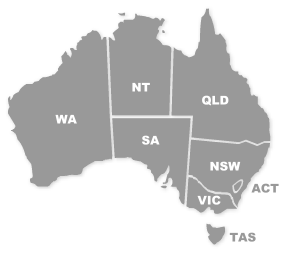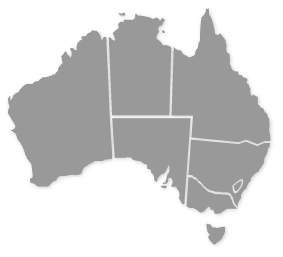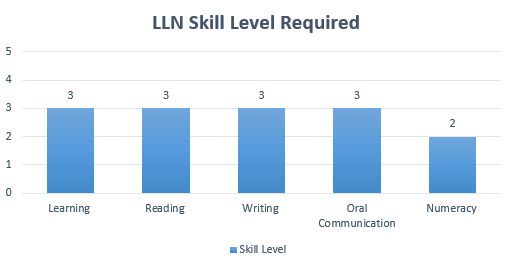White Card
Prepare to work safely in the construction industry
Nationally Accredited Unit Code: CPCWHS1001
the superseded CPCCWHS1001 unit of competency
White Card Online
Anyone who works on a construction site in Australia has to do construction induction training and get their White Card.
You can now get your White Card online in several states and it will be recognised in all states and territories. This means that you can do the White Card Course at home, and it is nationally accredited. This can be more convenient, cheaper and easier to access than face-to-face training.
To view the availability of White Card Online Courses please select your state/region below.
White Card Training
Our Online White Card courses are fast and very easy to use. They're designed to work on all devices including phones, tablets, laptops and desktop computers. For our self-paced online courses you can stop and resume at any time 24/7 & your progress is automatically saved. For our virtual classes you can complete the class in 1 day from home with a qualified trainer.
We are a nationally accredited Registered Training Organisation (RTO: 40592), and are registered with all relevant federal and state government bodies such as WorkSafe, SafeWork & ASQA.
All support is done locally by Express Online Training staff who are fully qualified as Trainers or Assessors. Also, we have extended support hours 7 days a week.Lost White Card Replacement
If your White Card has been lost, damaged or stolen EOT may be able to provide you with a new White Card issued on behalf of WorkSafe QLD or WA which will be nationally recognised across all Australian states and territories.
Whitecard vs Blue Card
The whitecard is the name of the current card given when you complete your construction induction training. Previously the whitecard was called the Blue Card. If you have blue card it will still allow you to work, but you may need to update to a whitecard depending on your employer's requirements.

White Card Reviews
Based on 284,575 Student Reviews
Read More Reviews... Why We Are #1

Construction White Card
To view details about specific White Card Online Courses please select your state/region below.






